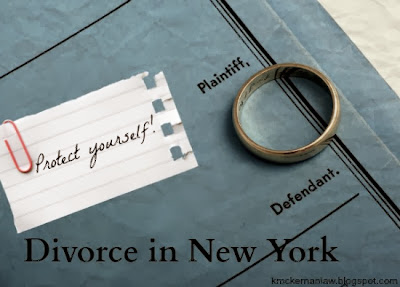I've been away from the office all week since I was lucky enough to be able to travel to Cambridge, Massachusetts, to attend the 2013 Summer Session of the National College of DUI Defense.
There I got to participate in several events, which I'm going to list below:

• The Cross Examination: The Lawyers Opportunity to Testify
• Cross Demo of the Arresting Officer
• Preparing for Hearings & Trials: Approaches, Organization & Tools
• Lawyer Ethics and the Code of the West: Lessons Learned Over the Last 40 Years
• Presenting Your Expert
• A Closing for Every Case
• Changing the Jury’s Presumption
• Reflections on Forty Years of Forensic Alcohol and Drug Research
• Creative Opening Statements: Getting to Not Guilty Right Out of the Gate
Events like the Summer Session at the NCDD are a great opportunity since they allow Criminal Defense lawyers to really hone their skills, refresh their knowledge, and get updated on any new laws or regulations that could affect their cases. When selecting a lawyer to represent you, I believe its important to choose one who understands that law is not a static profession but one that continually evolves and improves. I place a lot of importance on keeping up to speed on my profession and I was happy I had the time to do just that up in Massachusetts!
If you are interested in learning more about DUI/DWI, click here to learn about your rights at DUI Checkpoint or here to learn about recent DMV Regulations that can affect you.
- Kevin McKernan








